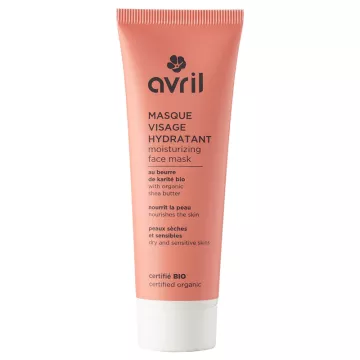
Tugging is a sensation of tension or mild pain, often felt in different parts of the body such as the abdomen, muscles or joints. The sensation can range from mild to moderate, and is usually temporary. Tightness can be caused by a variety of factors, such as physical stress, hormonal imbalances, poor posture or exercise.
Muscle tightness is often the result of overwork or muscle fatigue. It can occur after intense physical activity, especially if the body is not accustomed to such effort, or if the warm-up has not been sufficient. Other factors, such as prolonged holding of the same posture or stress, can also contribute to this unpleasant sensation.
To prevent tightness, it's essential to adopt a routine that promotes bodily well-being:
If tightness becomes persistent or particularly uncomfortable, there are several approaches to consider:
It is advisable to consult a healthcare professional if tightness is accompanied by other alarming symptoms such as severe weakness, acute pain, changes in skin color, or if it persists despite preventive measures and home treatment. A doctor will be able to assess your condition and, if necessary, refer you to a specialist.
A balanced diet plays a crucial role in preventing tightness. We recommend eating foods rich in potassium, magnesium and calcium, such as bananas, spinach and dairy products. These nutrients help regulate muscle function and can prevent cramps and tightness. In addition, incorporating adequate protein into your diet, from sources such as lean meat, fish and legumes, is essential for muscle repair and growth.
Yes, stretching plays an important preventive role against tightness. Regular stretching can increase flexibility, improve blood circulation and reduce muscle tension. It's advisable to stretch before and after exercise, but also at different times of the day, especially if you have activities that require you to stay in the same position for long periods.
Stress is a significant factor that can increase the frequency and intensity of tightness. In stressful situations, the body produces hormones such as cortisol, which can contribute to muscle tension. To manage stress, relaxation techniques such as meditation, yoga or breathing exercises can be very beneficial. Regulating stress levels through these practices can help reduce feelings of tightness.
Yes, several natural remedies can help relieve tightness. For example, applying hot or cold compresses can reduce inflammation and pain. Supplements such as chamomile tea or magnesium oil can also help relax muscles and reduce tightness. It's always advisable to consult a healthcare professional before starting any natural treatment, especially if you're already taking medication.
Hydration is fundamental to maintaining normal body functions, including muscle contraction. A lack of hydration can lead to a reduction in blood volume, making circulation less efficient and increasing the risk of cramps and tightness. It is recommended to drink at least 1.5 to 2 liters of water a day, adjusting this quantity according to the intensity of exercise and climatic conditions.